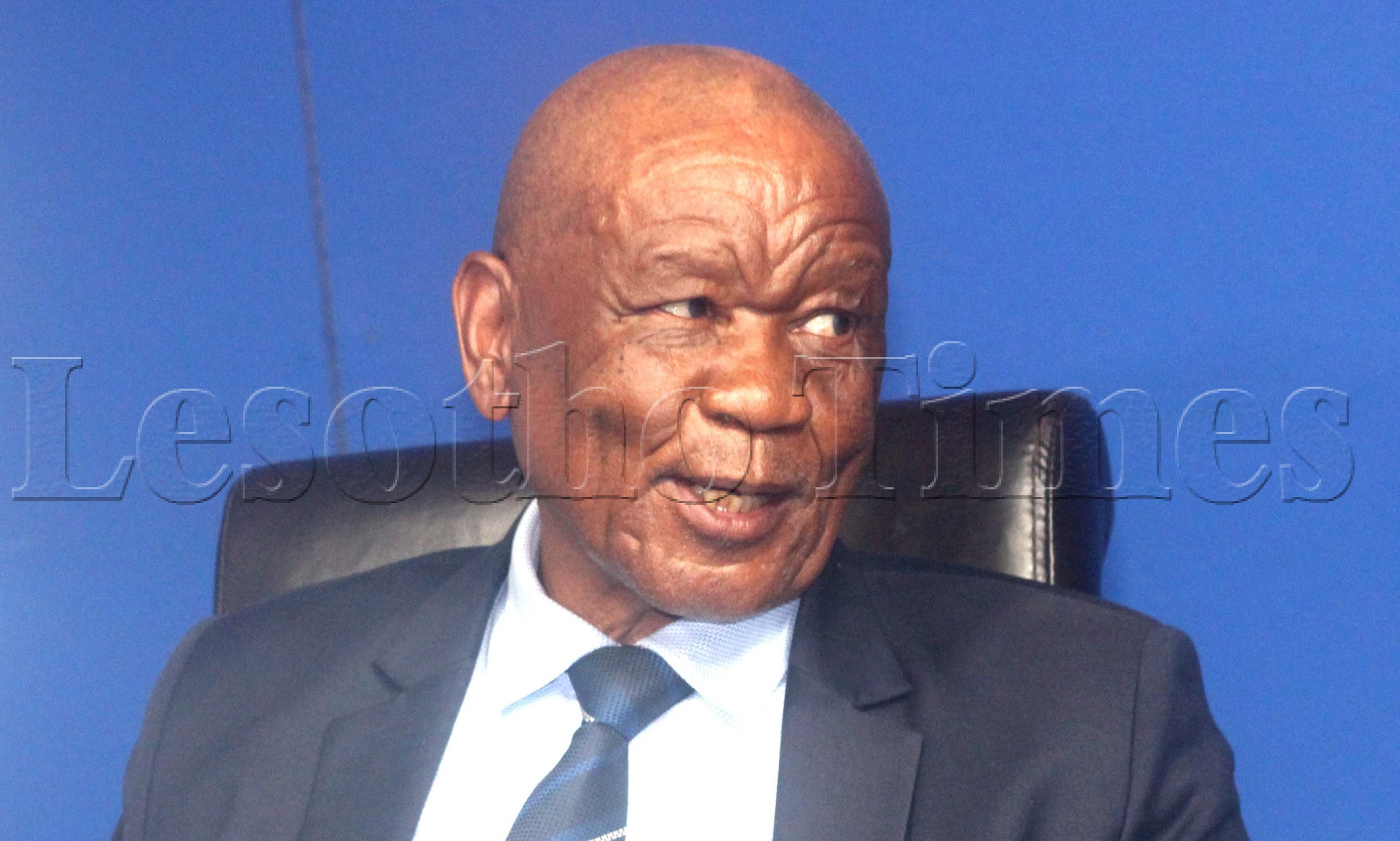Nthatuoa Koeshe
FORMER Prime Minister Thomas Thabane and his All Basotho Convention (ABC) party had lost the support of most Basotho by the time Mr Thabane was forced to step down by his own party in May 2020, a leading African research institute has said.
With just two years before the next elections are due, Prime Minister Majoro and the ABC have their work cut out in restoring the electorate’s confidence in the party.
Failure to deliver on key promises including implementing the multi-sector reforms, fighting Covid-19, stimulating economic growth and tackling corruption could affect the ABC’s chances of retaining power in 2022.
This because the Afrobarometer survey shows Basotho have spectacularly lost interest in the ABC. Of 18 African leaders involved in the survey Mr Thabane was found to command the lowest levels of support and confidence among his people.
By the time he was ousted, support for Mr Thabane had plummeted from 57 percent in 2017 to only 14 percent while support for his ABC had plunged to just 12 percent in March 2020 from 46 percent in 2017. Perceptions of corruption seems to have contributed significantly to this plunge.
Afrobarometer, a pan-African, non-partisan research network that conducts public attitude surveys on democracy, governance, economic conditions and related issues in Africa, made the findings after conducting a survey in Lesotho in February and March 2020.
Mr Thabane came to power in the aftermath of the 3 June 2017 elections where his ABC party won 50 out of the 80 constituency seats. The ABC also secured three proportional representation seats to bring their total seats to 53 in the 120-member parliament. The ABC then formed a governing coalition with the Alliance of Democrats (AD- nine seats), Basotho National Party (BNP- five seats) and the Reformed Congress of Lesotho (RCL- one seat).
However, Mr Thabane and his government failed to last the distance and collapsed on 20 May 2020. This after his party withdrew from the coalition and formed the current governing coalition with the Democratic Congress (DC) party.
The ABC forced Mr Thabane to step down, branding him a liability after he and his wife ‘Maesaiah were implicated by the police in the 14 June 2017 murder of Mr Thabane’s ex-wife, Lipolelo Thabane.
He was succeeded by the ABC’s Thetsane legislator and former Finance Minister Moeketsi Majoro.
Prior to his ouster, an Afrobarometer survey found that Mr Thabane and his ABC had already lost support from the majority of Basotho.
By the time he was ousted, Afrobarometer found that only 14 percent of Basotho supported Mr Thabane, down from 57 percent who supported him when he took power in 2017.
Afrobarometer also found that support for the ABC had plummeted to just 12 percent in March 2020 down from 46 percent in 2017.
The research institute attributed the loss of support for both Mr Thabane and the ABC to perceptions that they were corrupt and had consequently failed to perform to expectations.
“Lesotho’s ruling coalition parties and parliament suffered sharp declines in popular trust along with the country’s former prime minister,” Afrobarometer states in its survey report released on 30 July 2020.
“Perceptions of official corruption have skyrocketed, and an overwhelming majority of citizens said they distrust and/or disapprove of the performance of the ruling ABC party, parliament as well as of former Prime Minister Thomas Thabane.
“These negative evaluations came in February and March 2020, before Thabane’s resignation in May and just two and a half years after the ABC won 50 constituencies out of 80 in the 2017 election to become the leading party in the coalition government. Asked how they would vote in a hypothetical election, only one in 10 Basotho said they would vote for the ABC.
“Popular trust in members of parliament and the ruling coalition parties plummeted between 2017 and 2020. Only one in eight Basotho (12 percent) said they trust the ruling parties “somewhat” or “a lot,” down from 46 percent three years earlier.
“For parliament, trust declined from 48 percent to 20 percent. Similarly, only 14 percent said they trust then Prime Minister Thabane, down from 57 percent in 2017. Trust in Thabane is by far the lowest among executives in 18 African countries surveyed in 2019/2020…”
Afrobarometer found that perceptions of official corruption increased sharply with 45 percent and 46 percent of the respondents saying that “most” or “all” MPs and government officials are corrupt respectively.
Back in 2017, only 22 percent and 28 percent of the respondents said the MPs and government officials were corrupt.
More than half (54 percent) of the respondents said Mr Thabane and his office were corrupt. This is more than twice the number of those who accused Mr Thabane of corruption in 2017. At the time only 20 percent of the respondents said the then premier was corrupt.


